This article aims to highlight the contributions of LGBTQ+ musicians in the state of Texas, a state with a conservative-rural-country reputation, as a reminder that queer people exist in these spaces too.
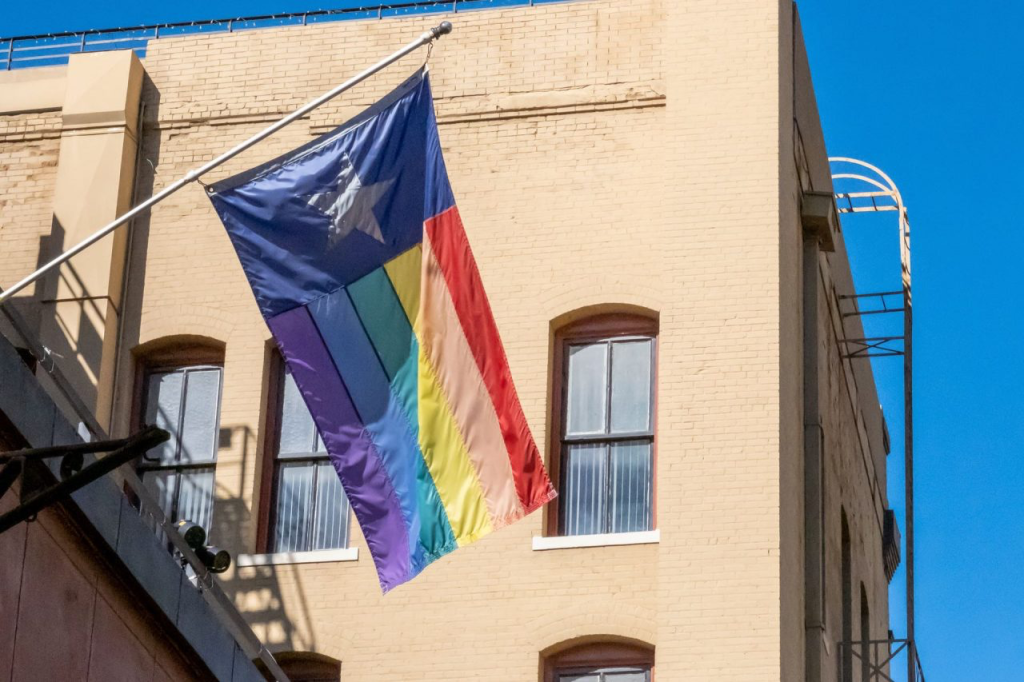
A Brief Aside on Queer History
It is important to note that the term “queer” was originally used as a slur against LGBT+ (Lesbian, Gay, Bisexual, Transgender, etc.) people, marking them as “weird” because they deviate from heteronormative expectations and diverge from the gender binary accepted within greater society. The term has been reclaimed since its conception in the late 19th/early 20th century, with activists using the word as an empowering form of self-identity in the 1980s, as a way to say “we’re here and we aren’t going away anytime soon”.
I will be using the term queer throughout this paper in an effort to summarize the vastness of the LGBT+ community into a single word, however I know that in reality this is an impossible thing to do. Terms used to describe gender and sexuality are as numerous as stars in the sky, and although labels are empowering, there will never be a singular word that can describe an entire community. Queer goes far beyond sexuality. It looks directly into the eyes of the hatred queer people have been and still are subjected to. It demands not only to be heard but to be listened to. Queerness is political, and acknowledges what it means to live outside of what society deems acceptable, both socially and politically.
All that being said, I will be using the term queer academically in this article. I want to make sure everyone, queer or not, understands the weight of this word and acknowledges its history. This is something I have grappled with in my years of defining and redefining myself. I am a queer man, and my existence as queer emphasizes the resilience of both myself and my community.

Queer Texan Musicians
Creekbed Carter Hogan (he/they)

Hailing from “the sewer creeks” of Austin, TX, Creekbed Carter Hogan is an acoustic folk singer-songwriter who shares his experiences growing up queer, southern, and Catholic through his music. Their music ranges from light and playful to bittersweet, with his words and voice both hauntingly beautiful. Combining folk picking with his so-called “queer mayhem”, Creekbed Carter expands upon the tradition of acoustic folk music through the spirit of DIY and genre bending.
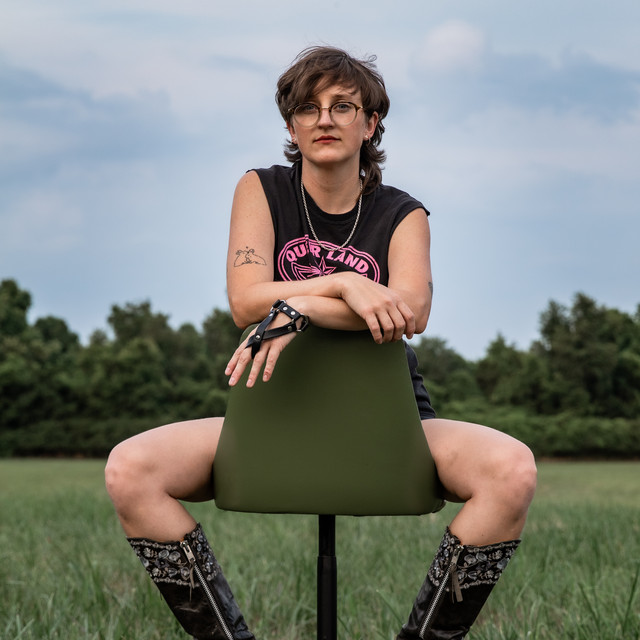
Jaimee Harris (she/they)

Folk singer-songwriter Jaimee Harris grew up in Waco, TX (a smaller city between Dallas/Fort Worth and Austin), and at as young as five years old she showed interest in picking up the guitar. Their music is country-folk leaning, and they are heavily influenced by both genres in her music making. Reflecting on her experiences growing up and growing out of her small town, as well as themes of love, death, addiction, and loss, Harris’ vocals, lyrics, and instrumentals exude both strength and vulnerability.

Lizzy Lehman (they/them)
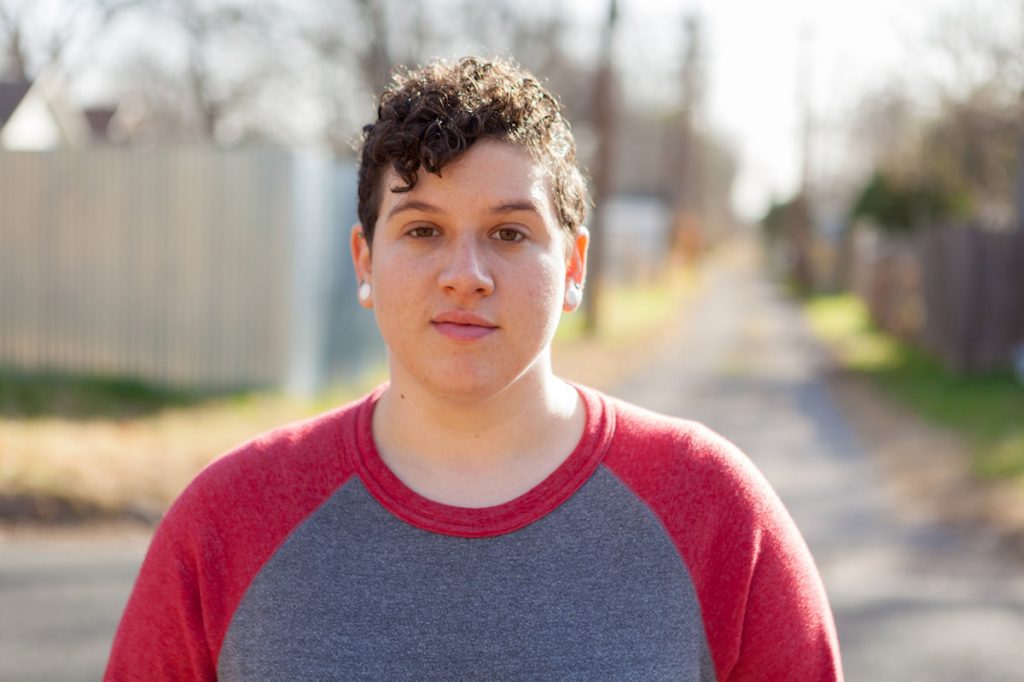
A singer-songwriter who presently calls Austin, TX their home, Lizzy Lehman’s folk tunes touch upon self-love, vulnerability, mental health, and relationships. Their artist biography on Spotify states “we are all a beautiful work in progress”. Walking between the genres of folk, indie, and rock, their music ranges from upbeat fiddle and banjo instrumentals to soft, mellow guitar strumming. They also incorporate more produced elements into their music such as keyboard and echoed background vocals. While most of their music is folk-based, they have a few collaborative songs that are more pop and electronic leaning.
St. Vincent (she/her)

St. Vincent has been well established in the realms of rock, pop, and indie rock music for nearly 20 years. St. Vincent moved to Dallas, TX from Oklahoma at just 7 years old. She left to attend Berklee in Boston, MA and although she never graduated from music school, her career as a professional musician has been nothing short of astounding. Vincent’s musical prowess has been compared to pop rock icons such as Kate Bush and David Bowie. Throughout her career so far, she has worked alongside some of the most talented and well known names in contemporary indie folk, including Bon Iver and Sufjan Stevens.
Vincent has been open about not subscribing to any one label to describe her sexuality. There is power in being unlabeled, too. In response to being asked if she was gay or straight in a 2014 interview with Rolling Stone, Vincent exclaimed: “I don’t think about those words. I believe in gender fluidity and sexual fluidity. I don’t really identify as anything. I think you can fall in love with anybody.”
Willmer Broadnax (he/him)
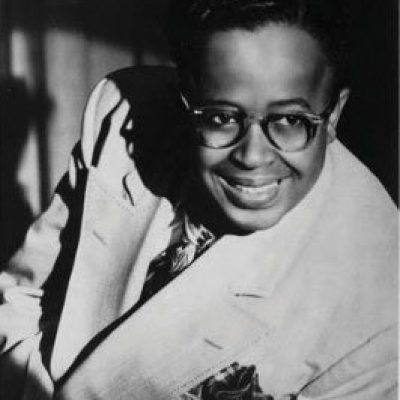
During the golden age of Black gospel and blues, Willmer “Little Ax” Broadnax was a gospel singer and musician who lived a happy and fulfilling life as a transgender man. Broadnax was born in Houston, TX in 1916, and although little is known about his personal life, his name and voice live on through the recordings he made as a vocalist in various gospel blues groups. Broadnax was able to make a life for himself as a gospel musician, singing as the lead on a handful of songs he recorded that have been preserved over the years. Unfortunately his life was taken from him by his partner in 1992, and it was discovered post-mortem that he was transgender. Throughout his life Broadnax was close with his brother (known as “Big Ax”), who sang with him in gospel bands and was the only other person who knew about him being transgender.

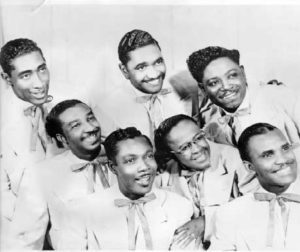
Embracing Southern Queerness
Texas, along with the greater American South, hasn’t been very hospitable towards those they deem as different. Those who aren’t white, heterosexual, cisgender, able-bodied men have been targeted in the south in all areas of life. Southern legislatures are still trying to erase queerness from the narrative, to silence queer voices, and to prevent queer people from living long, healthy, and fulfilling lives.
Nonetheless, queer people exist in the American South just as they do everywhere else in the world. To write off the entirety of the South as bigoted and problematic ignores the cultural nuances that have shaped the South to be what it is today, and most importantly it ignores the lived experiences of marginalized communities who exist in Southern spaces. Poking fun at the south as a whole, no matter how well-intended, ultimately is doing more harm than good as it rejects that there is space within Southern culture and society in which queer people can and do exist. Southern legislatures may be trying to erase queer people, but there are queer people down there still fighting for the right to exist in the places they call home.
Instead of boycotting everything related to Southern culture, history, and identity, there are queer people from the South who seek to reclaim the place from whence they came. Phrases like “y’all means all” and stories of queer cowboys traveling the wild west are being added to Southern mythos by queer Southerners, who know that they deserve to see themselves reflected in their Southern roots. Slowly but surely queer people are taking their place in the narrative of the great American South, asserting that they have always existed.
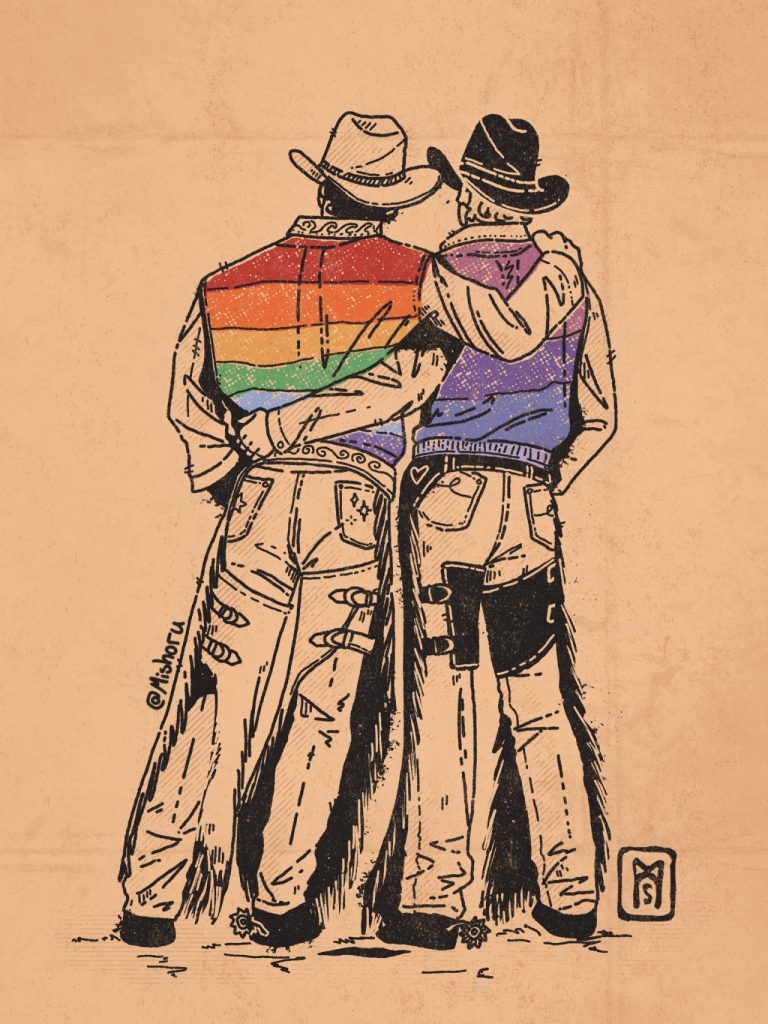
Sources:
Clarke, Mollie. “’Queer’ History: A History of Queer.” The National Archives Blog, The National Archives, 9 Feb. 2021, https://blog.nationalarchives.gov.uk/queer-history-a-history-of-queer/.
Emch, Cindy. “Jaimee Harris: Strong, Badass, & Vulnerable.” Country Queer, 13 Jan. 2020, https://countryqueer.com/stories/interview/jaimee-harris-interview/.
Weiner, Jonah. “The Dream World of St. Vincent.” Rolling Stone, Rolling Stone, 23 June 2014, https://www.rollingstone.com/music/music-news/the-dream-world-of-st-vincent-101044/.
“Willmer ‘Little Ax’ Broadnax: LGBTQ+ Heroes.” Art Sphere Inc., 30 Jan. 2022, https://artsphere.org/landing-page-lgbt/willmer-broadnax/.
Also, here are bios from the artist’s official websites/pages!
https://www.creekbedcarter.com/about

